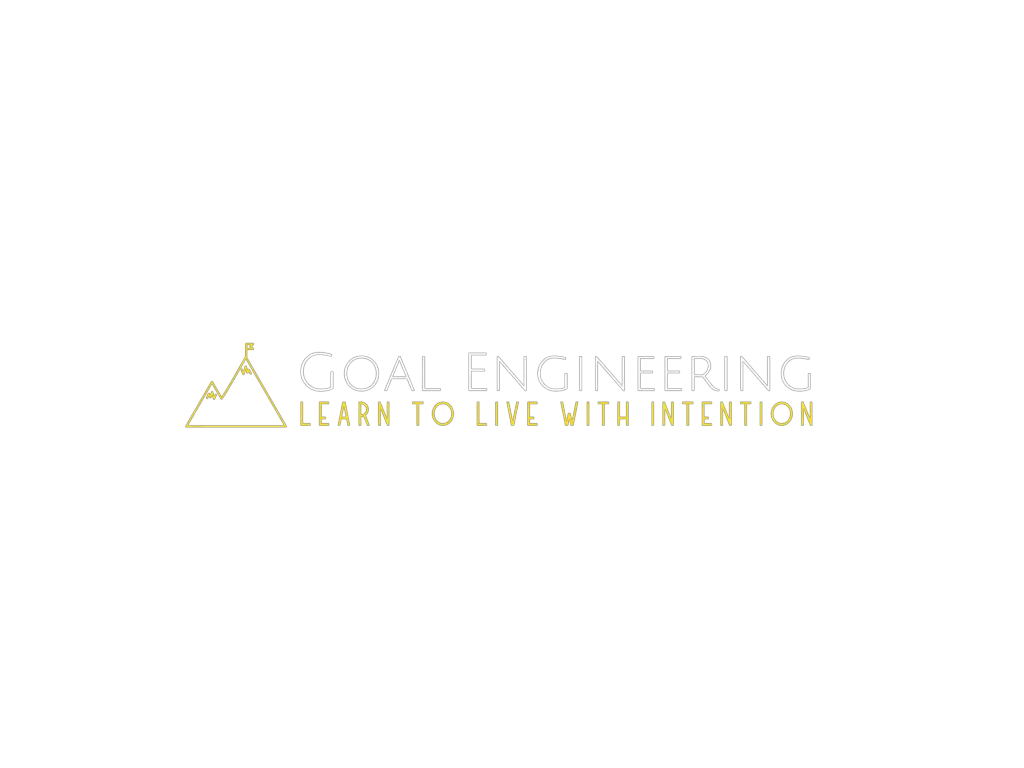Goals are a crucial component in changing your life. But did you know that there are multiple different kinds of goals you can set? One of the most important ones is long-term goals, and in this article, I’ll show you what they are and how they’ll benefit you.
Long Term Goals are any ambitions you have that will take you a while and that you will accomplish in the future. The timeline may vary, but these are goals that you can’t finish in a day, week, month, or even year. They take over a year and much longer in some cases. Setting and accomplishing long term goals isn’t easy, but they will inspire and motivate you, even when the daily grind gets boring.
Long Term goals might intimidate you because they seem daunting at first. But if you’ll set them then take just one step at a time to achieve them, you’ll soon discover they have the power to completely transform your life in a profound way.
Let’s start with some word math to dive deeper into what this type of goal is and how it will change your life.
Word Math
We’ll begin with some definitions as usual to deepen our understanding of long term goals:
Long: lasting or taking a great amount of time.
Term: a boundary or limit, especially of time.
Goals: the object of a person’s ambition or effort; an aim or desired result.
To start off with a word equation, we have:
Long Term Goals
=
A boundary or limit for the great amount of time it will take to accomplish the object of a person’s ambition or effort, aim, or desired result.
And making it more simple so we can understand it better, we get the following:
What is the limit to the great amount of time it will take you to accomplish the desired result or aim of your ambitions and efforts?
Another way to look at this could be to ask yourself how far you should go into the future to set your long-term goals. Is it better for you to set long-term goals on a yearly scale? Or longer than that?
Let’s dig deeper and find out!
What are Long Term Goals?
Long term goals are the big ambitions you have that you know will take quite a bit of time to complete. Here are a few examples:
- Running a marathon
- Finishing graduate school
- Starting a family
- Starting a company
- Traveling the world
You can check if your goal is a long term one by making sure that it is:
- A vision of an aim you will accomplish in the distant future.
- Something that requires multiple steps, or short term goals, to finish.
- A little bit intimidating and something you aren’t sure you can do but that you’d be proud of yourself to complete.
That last one isn’t absolutely necessary. However, if you don’t set objectives that push you at least a little bit, you’re missing out on one of the biggest purposes of goal-setting, which is personal growth.
It may also be helpful to identify what types of goals are not long-term. These might include losing five pounds or getting a raise. Most often these smaller steps should lead to a bigger outcome you want.
If you find that you’re only setting short term goals, ask yourself two questions:
- Why do I want to accomplish this? You can repeat this question multiple times to uncover a deeper vision and identity shift you may be seeking.
- What’s an ambitious bigger picture goal that this could be only one step of?
Losing five pounds, for instance, might be part of the bigger long term goal of running a marathon. Or getting a raise may just be one step of a vision you have of saving enough money to start your own business in a year or two.
How Long Are Long Term Goals?
There is no set structure or length of time for setting long term goals. Usually, though, you can’t accomplish them in just a day, week, month, or maybe even a single year.
Looking at our marathon example again, it’s pretty obvious that the average person can’t finish that goal in even a year. I did it myself and it took me 18 months. Even then I wasn’t fully prepared!
Looking back at the process of transitioning my career and becoming an entrepreneur, it’s taken about 24 months so far.
But I wouldn’t have done it if it weren’t for me sitting down to set the long term goal in the first place.
Again, trying to have the same timeline for each one isn’t important and shouldn’t be the first step you take to set long term goals.
Instead, focus first on how you want to change your life. Then add some estimated time constraints to help you accomplish that.
Long Term Goals are the Key to Changing Your Life
In the above steps to turning your short term goals into long term goals, I mentioned the phrase “deeper vision and identity shift.” This reveals that the deeper reason you set goals is that you really want to become a different, and better, person.
Think about the goals you have right now and you’ll see how the “identity shift” part of this is true:
- You don’t just want to spend quality time with your family, you want to become a good spouse and parent.
- Merely exercising isn’t enough, you want to become someone who is fit.
- It’s not sufficient to only get a raise, what you really desire is to become a manager or business owner.
You have a vision for a brighter future ahead of you, and long term goals are the gateway to making those dreams become reality. If you never set long term goals, you’ll never become who you want to and have the life you’ve always wanted!
This massive ability to change doesn’t come without some difficulties though. If it were easy, everybody would be doing it.
What most often happens is that you become afraid of your big goals because they’re so gigantic. You only look at the end result and the mountain you have to climb to get there.
All you need to do is combine the power of long term goals with the tool of short term goals and you’ll get there.
You don’t have to look at the mountain ahead of you to climb it. All you need to do is see the next step right in front of you and to take it. But you must set the big goals or you’ll never even know to take that step.
Long Term Goals Provide Inspiration for a Better Future
Along those same lines, when you set long term goals, you realize that your life can become better than it is now. This is the vision part of “deeper vision and identity shift” that I mentioned before.
I’ll never forget how awful a rut I got into after I’d been in my first job out of college for a couple of years. I was plateauing in my personal growth and struggled just to get out of bed.
What I needed were some goals.
Thankfully, inspiration struck and I became filled with fire again as I set the long term goals of running a marathon and going to graduate school. Soon I was working hard to reach both of these and feeling much better.
I also remember how discouraging it felt to work at that same job once I realized that I wasn’t passionate about it anymore. It was also frustrating to be making a mediocre income compared to my full potential. I also hated not getting to spend the time with my family that I truly wanted.
But once I got a vision of better days that could come if I set goals and achieved them, suddenly I found the motivation to put in the work to make it happen.
After getting clear on what I wanted and putting in the work I was running my own company, working from home, and making almost twice as much as before.
I wouldn’t have any of that if I hadn’t set the long term goals to work for myself, earn more money, and find my passion.
Long Term Goals Give Purpose to the Small Everyday Actions
I agree with my good friend Niklas Göke when he said that “happiness is loving the boring days.” While Nik talks a lot about how true joy comes from the little things in life, I’ve discovered this becomes easier when you have a long term vision for what you want and who you want to become.
Think about your daily actions. You get up, rush to get ready for the day, head to work, put in your eight hours, then come home and relax for a while only to repeat it all again.
But consider how that might change if you had long term goals.
If you wanted to become fit and run a marathon you’d think twice about sleeping away those morning hours. Instead, you would wake up with the motivation to get out and run.
For those with the long term goal of becoming an entrepreneur, you might reconsider how you see your free time. The extra hours at lunch and after work suddenly become filled with inspiration and passion as you begin your side hustle.
Whatever the vision for your life includes, if you consider what you want for your future, the boring days become a whole lot more important and exciting.
What Did You Learn and What Will You Do About It?
Every time I read a chapter of a book I ask myself two important questions:
- What did I learn?
- What will I do about it?
I invite you to ask yourself these same questions right now. Most important is what you’re going to do about what you’ve learned.
It’s not enough to just learn about long term goals, you must apply them to see their true power to change your life.
As you do this, you’re going to see a dramatic change in your life. You’ll get a vision for who you want to become, a brighter future ahead, and purpose in the mundanity of everyday tasks.
Set long term goals and before you know it, you’ll be living the life of your dreams!





